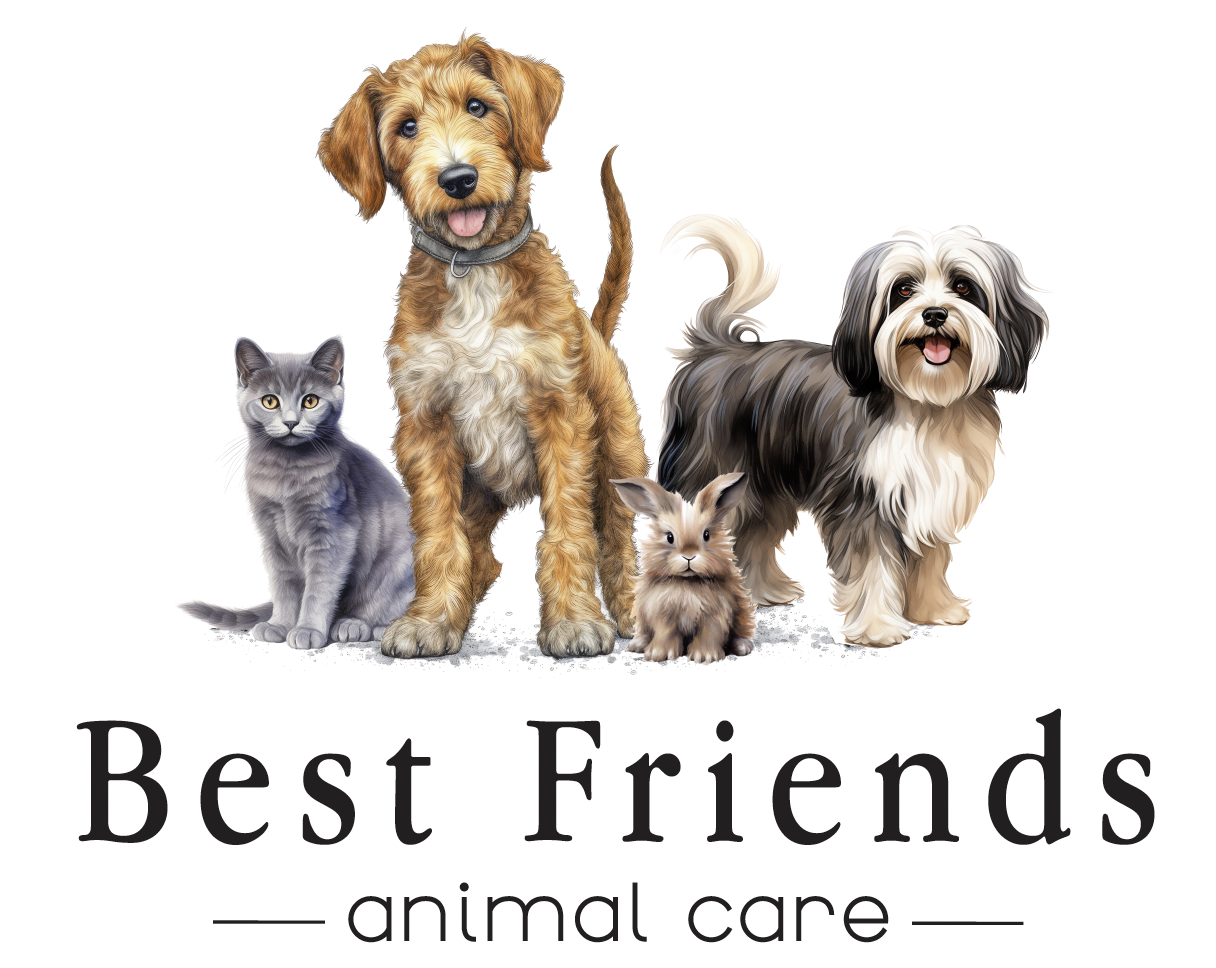Library
-
The average horse lives to be approximately 20 years of age, although many ponies and a few horses live for 30 years. Older horses and ponies need a little extra care to ensure that they remain healthy and happy.
-
When your cat is being treated for an illness, it is important that you follow your veterinarian's advice and instructions precisely. Take your cat for re-examination requested. If your cat's condition worsens unexpectedly, contact your veterinarian for advice immediately. Early diagnosis and treatment provide the best outcome for your cat's recovery.
-
Cats that are kept for companionship are typically neutered (castrated), unless they are intended to be used as breeding stock. Neutering prevents accidental or indiscriminate breeding and reduces the frequency of undesirable sexual behaviors, such as mounting and marking.
-
Training your cat in advance for travel is ideal. Positive reinforcement training helps build good associations and makes travel safer and easier. Veterinary advice is sometimes needed for cats who become ill or are frightened during crate training or travel.
-
Indoor cats can life long healthy lives, but many indoor cats are sedentary. Activity is important for a cat's mental and physical health. It is important to enrich the environment of indoor cats by providing outlets for interactive social play, exercise, and mental stimulation. Cats also need quiet places to sleep; placing a perch or cat tree in the main living area is recommended for most cats.
-
Appropriate play and exercise are something every cat needs. Cats that have ample opportunities for exercise and play are amazing pets. Learning a cat’s preferences for play requires some observation and attention, but ultimately contributes immensely to the entire family’s quality of life.
-
The leading causes of aggressive behavior among household cats are territorial aggression, fear-based aggression, and incompatible personalities. There may be more than one type of aggression occurring simultaneously. This explains the common forms of inter-cat aggression and how they may be prevented.
-
Cats that exhibit repetitive behaviors that are difficult to interrupt may be diagnosed with a compulsive disorder. Many of these behaviors have a physical basis and a thorough medical examination is always important. Anxiety and frustration can also contribute to the development of compulsive disorders. Treatment includes addressing underlying medical components and reducing stressors in the physical and social environment.
-
Urine marking is a form of communication for cats and can be used to establish territory and communicate social and sexual status. House cats may mark when there is social conflict in the home, or when they experience anxiety or frustration. Medical conditions, particularly those associated with pain, can trigger marking. It is important to learn the motivation for marking in order to find an effective treatment plan.
-
Many cats are active through the night. Often, they have slept all day and are not tired at night. Enrichment that includes social play and interactive toys can solve the problem. A medical and behavioral workup should be done if your cat has only recently begun to be active at night, as there may be an underlying illness.

